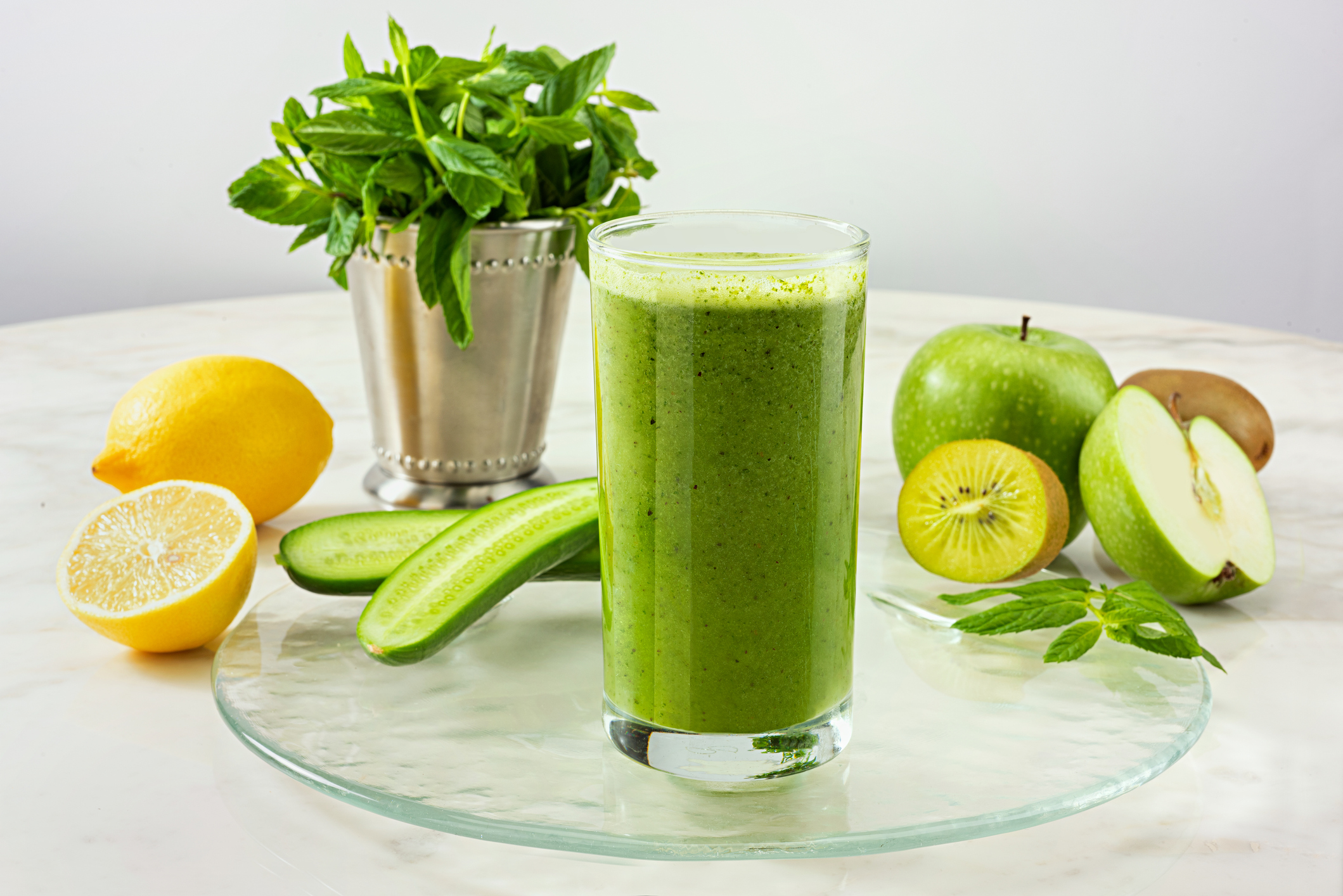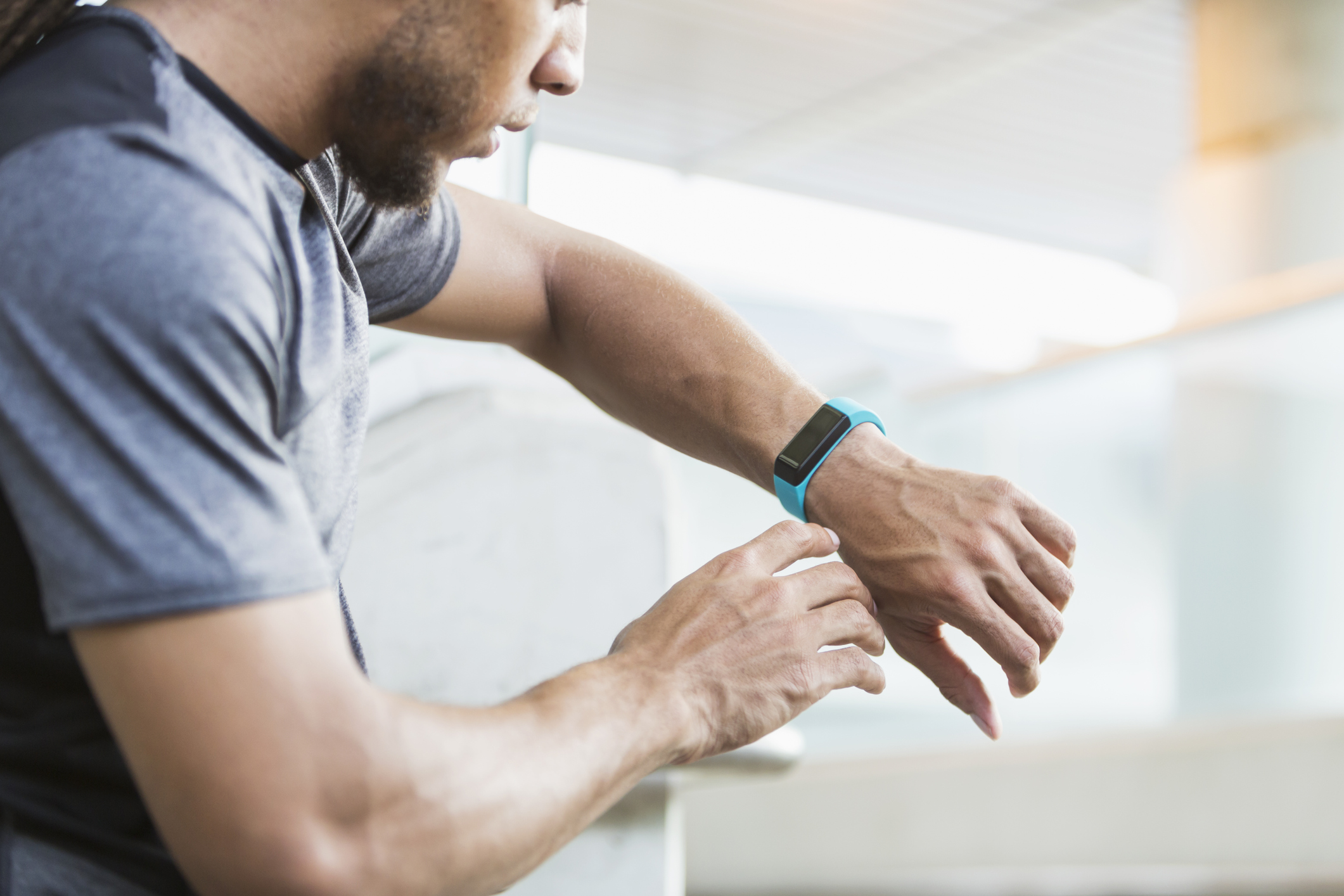New fitness trends crop up all the time. They guarantee you’ll quickly lose weight or get in shape fast. On some level, you know that these trends don’t promote a healthy lifestyle. When experts say they don’t work, you may not be surprised.
We decided to take a look at the trends that will probably be making the rounds this year. Some hold promise, but only when used correctly and in conjunction with other lifestyle changes. How can you tell the difference between good trends and ineffective ones?

We asked some experts to weigh in and give us their views on fitness trends that won’t work or may lead to adverse outcomes. First, let’s take a look at the pros and cons of trends in general.
The good and bad of fitness trends

Popular trends might catch your eye when you want to change your weight or fitness level. Be careful, though, and consider talking to your physician first. Get in touch with coaches or other
You want to change bad habits, not take on new ones. Find fun exercises and workout routines that challenge you in the best ways. What healthy diets have stood the test of time? Look at each trend critically to determine if it will benefit you and help you achieve sustainable results.
From fitness gear to supplements, trends evolve and change along with the influencers who peddle them. So take your time choosing what works for you, listen to your inner skeptic, and enlist the help of people with your best interests.
5 fitness trends to avoid in 2023

Fad diets
If you’ve decided to lose weight, you probably want results sooner rather than later. That’s understandable. You’re sure to find lots of diets that promise you quick results, but remember — if it sounds too good to be true, it probably is.
How can you tell it’s a hollow fad? If the diet promises you’ll lose more than two pounds a week, involves eliminating certain foods, drastically reduces calories, or comes with a set of rigid rules, it’s likely a fad.
For more than 15 years, fitness instructor Joe Johnson has been telling his clients, “While (fad) diets can work, they generally only produce temporary results because you’ll go back to a ‘normal’ way of eating once the diet is over. If you want sustainable weight loss, you need to eat in a way that fits around your lifestyle and incorporates foods you love, because you’re never going to avoid them forever.”
Fad diets are just that: Fads. You want something that will last a lot longer and lead to a healthier life.
“No pain, no gain” mentality
You must understand the fundamental difference between pain and discomfort. During exercise or workout routines, feeling uncomfortable is normal. This is because you’re challenging yourself and feeling muscles get stronger. It doesn’t always feel great, especially in the beginning.
While you can power through the discomfort to an extent, you should immediately stop any exercise that causes pain. Pay attention to cues to avoid injury. Pain is how your body communicates that there’s a problem. It can be sudden and sharp, an irritation in your joints, or an ache deep in your bones. It grabs your attention purposefully so that you’ll listen and act on it.
Jeremiah, co-founder and CEO of Moonlight Reviews, agrees.
“There’s a fine line between pushing yourself and doing too much,” he said. “Unfortunately, some people in the fitness industry seem to have forgotten this. We’ve seen trainers and coaches promoting the idea that you have to suffer through excruciating workouts to get results, and it’s just not true. Let’s embrace a more balanced
Overuse of tech and gadgets
Trainers, physicians, and coaches will tell you that the only effective way to lose weight and get in shape is to exercise and eat a balanced diet of healthy foods, and yet people still rely on gadgets to do the work for them.
Gimmicky products often have little or no evidence to back up their claims. Too many companies would rather cash in on desperate and vulnerable people than tell the truth. It’s easier to believe in technology or gadgets when you’re intimidated at the gym or scared of dieting.
Experts like William Toro, Personal Trainer and Rehab Physio at Welcyon, say that you can spend your money on these gadgets. Still, none of them can get you the kind of results you would see by following a calorie-deficit diet along with regular aerobic exercise.
“It’s good to have gadgets to track your goals, but relying entirely on data from these tracking devices without listening to your body isn’t a healthy sign,” Toro said. “Many people push themselves beyond a point to achieve some goals, but many of these devices don’t consider or understand the concept of wear and tear in the muscles after a workout and the need for rest days. Some devices can underestimate or not estimate the body’s fatigue, and one should not over-rely on these gadgets.”
To succeed, you must find healthy ways to shed excess weight and reach an ideal body weight. This involves healthy eating and moving around, relying on something other than technology or gadgets to do that for you.
Detox teas and cleanses
Detox teas or cleanses suggest they can remove toxins from your body, which will help you lose weight and achieve optimum health. They claim to do this in a variety of ways and require you to:
- Drink only certain teas or juices
- Fast
- Eat specific foods
- Take certain herbs
- Ingest dietary supplements
- Get enemas, take laxatives, or purchase other colon cleansers
Some detox teas and cleansers can be unsafe, even when offered at health centers.
Studies and reviews often show that no compelling research supports teas or cleanses for weight management. They don’t remove toxins from the body. They may cause initial weight loss because they limit calories. However, once a person resumes their normal diet, their weight increases.
Kiki McClellan, an IFBB bikini professional athlete, coach, and personal trainer, says, “I’ve coached hundreds of athletes in person and virtually. I constantly battle misconceptions about fitness and trends that should go away. Detox teas and cleanses promise to ‘cleanse’ your body of toxins and help you lose weight. However, your body is pretty good at eliminating toxins on its own, and there is no scientific evidence to support the use of these products.”
Instead of relying on a quick fix, McClellan says to focus on maintaining a healthy lifestyle and eating a varied diet rich in fruits, vegetables, and other whole foods.
Chasing fast progress
Karen Falkenberg, the co-founder at Tigers Eye Life, grounds her programs in foundational principles that maximize human potential and get clients significant health improvements. Their trusted, accurate information guides clients to create wellness systems that sustain their progress and optimize their health. She thinks promoting “fast progress” as the ultimate goal is problematic.
“We tell our clients that one of their biggest issues with their goal of losing weight is actually the goal of losing weight,” Falkenberg says. “What our clients learn is that they need to focus on behavior changes, not scale changes. When behaviors change with skills and practice at a pace that they can sustain, our clients then have tools in place to create lasting change. When behaviors aren’t really learned or haven’t become sustainable, it’s challenging to maintain weight loss. The statistics show that at least 80% of people who have lost a significant amount of weight regain it within two years, often sooner.”
If weight loss is your goal for this new year, consulting with healthcare professionals, coaches, and fitness experts will help you develop an individualized plan. A sustainable and realistic plan, compatible with your lifestyle, can bring about the long-term changes you want.



